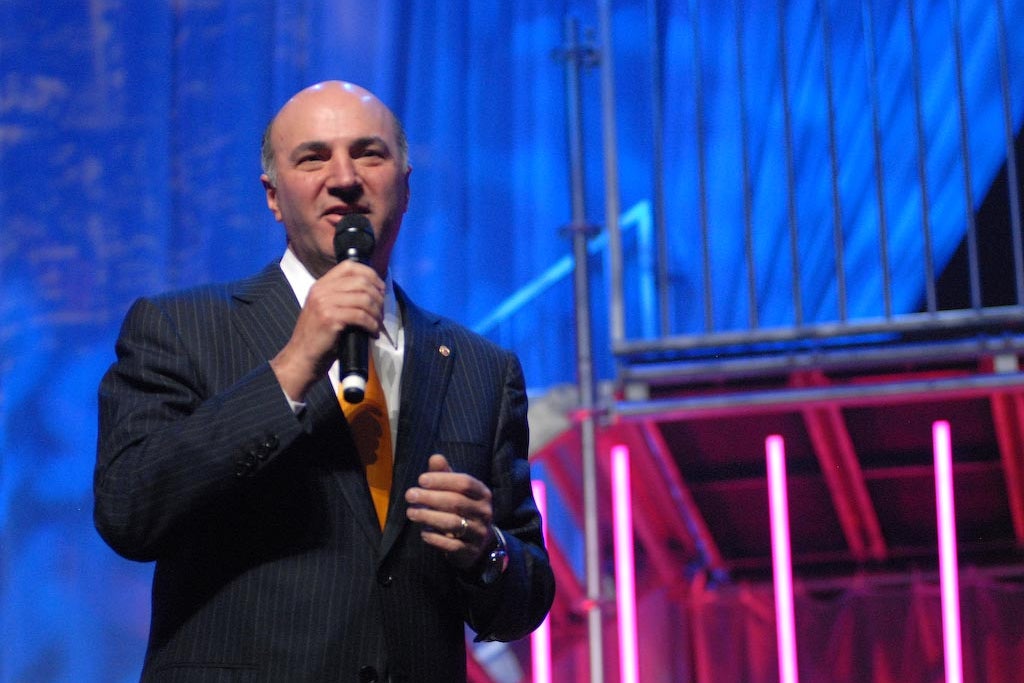Topline
TikTok vowed to take legal action against a new law that requires its China-based parent company to sell the app, or face a ban in the U.S., moments after President Joe Biden signed the legislation Wednesday.
Key Facts
TikTok spokesperson Alex Haurek called the law “unconstitutional” in a statement and vowed to “challenge it in court,” a scenario that could drag on for years in the legal system and delay a potential ban.
Biden signed the legislation Wednesday, after it passed the House on Saturday and the Senate on Tuesday, requiring TikTok’s China-based parent company, ByteDance, to sell the app within 270 days, with an option for Biden to extend the timeline by 90 days if he sees “significant progress” toward a sale.
If the app isn’t sold by the deadline, it would face a ban in the U.S.
The legislation was tacked on to the $95 billion foreign aid package Congress approved this week that will deliver more funding to Israel, Ukraine and Taiwan.
TikTok was widely expected to file legal action against the potential ban after its CEO Shou Zi Chew promised users in a video last month the company would “continue to do all we can, including exercising our legal rights, to protect this amazing platform that we have built with you.”
Chew, in a new video posted to the app Wednesday, indicated the company could challenge the law in court on the grounds that it is a violation of First Amendment rights, telling users “this is actually ironic, because the freedom of expression on TikTok reflects the same American values that make the United States a beacon of freedom.”
Crucial Quote
“Make no mistake, this is a ban,” Chew said. “Rest assured, we aren’t going anywhere. We are confident, and we will keep fighting for your rights in the courts.”
Key Background
Congress approved the legislation targeting TikTok this week after a similar House-approved bill that would have given ByteDance 180 days to sell TikTok stalled in the Senate. The latest version of the bill was incorporated into the foreign aid package as a sweetener for hesitant right-wing lawmakers, while some senators who resisted the earlier TikTok legislation flipped their votes under the extended timeline for the TikTok sale. Lawmakers have increasingly expressed concerns about TikTok’s ties to the Chinese government, arguing it is a national security risk, after ByteDance admitted to using the app to spy on U.S. citizens, including Forbes journalists who have covered the company.
What To Watch For
Beijing has warned that it would be required to sign off on a TikTok sale and would be “firmly opposed” to the transaction, a commerce ministry spokesperson said last year.
Tangent
TikTok won a legal challenge against former President Donald Trump’s attempt in 2020 to force the sale of TikTok via an executive order that would prohibit any U.S.-based transactions with ByteDance if the company did not divest the app within 45 days. A judge alluded to the First Amendment in blocking the order, warning that it would “have the effect of shutting down, within the United States, a platform for expressive activity used by about 700 million individuals globally.”
Further Reading
TikTok Could Be Banned In 9 Months—Here’s What May Stop That (Forbes)
Biden Signs Bill Forcing TikTok Sale Or Ban—Part Of Ukraine, Israel Aid Package (Forbes)





